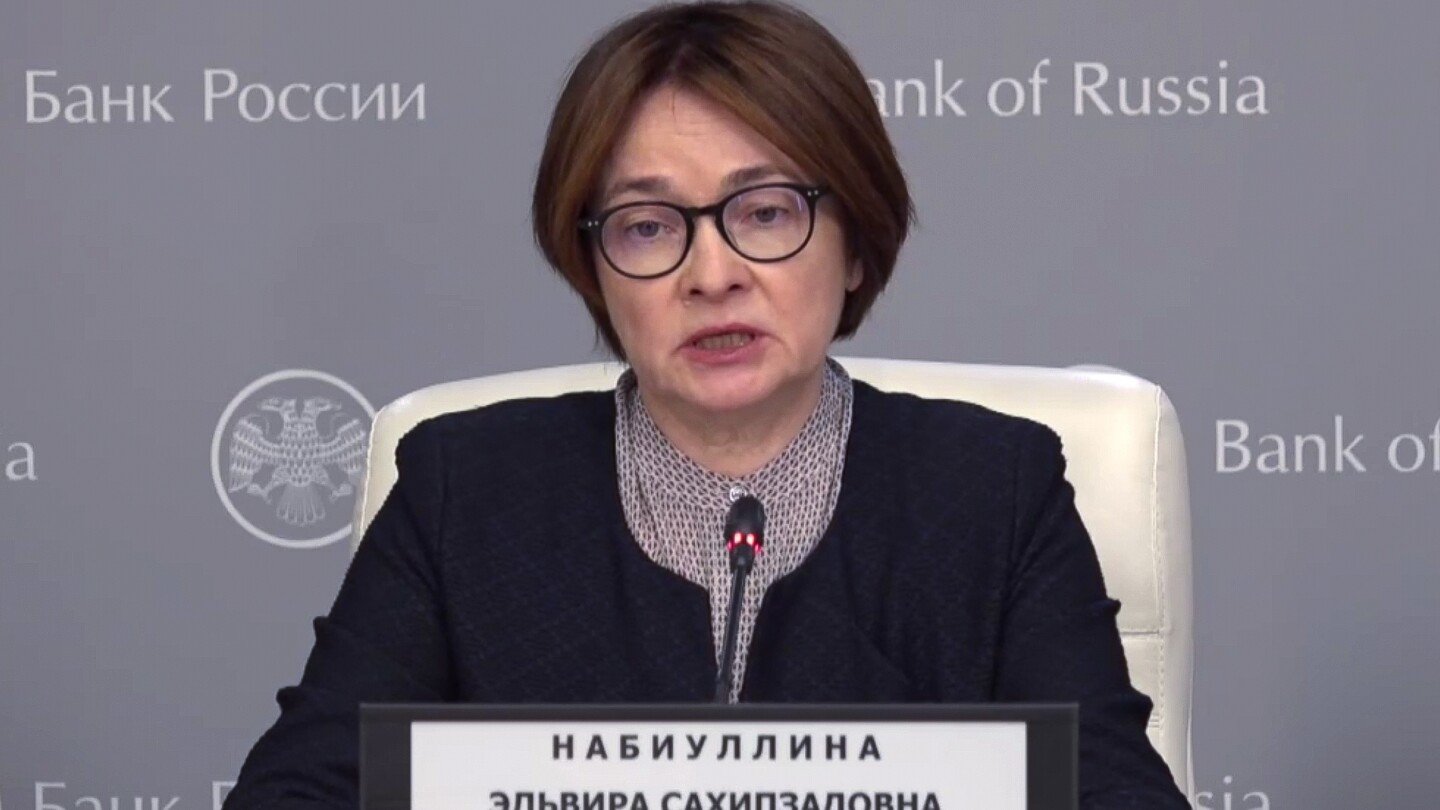Russia’s central bank on Friday raised its key interest rate by two percentage points to a record-high 21% in an effort to stem growing inflation as massive government spending on the military amid the fighting in Ukraine strains the economy’s capacity to produce goods and services and drives up workers’ wages.



Doesn’t higher interests mean more money is spent paying those interests, meaning less money is available to spend on other things which in turn reduces the monetary supply in circulation which curbs inflation?
Yes, that’s the theory, but it also has the side effect of making banks richer, because all the money that would be flowing out inflating the economy is now flowing into the banks inflating their stores.
That’s not really true. Banks getting higher interest on loans also pay out more interest on deposits, otherwise they’re unable to attract and retain customers. FI profitability is based on net interest margin (revenue from lending - losses from deposits), and they need deposits to have the money to lend out so they can’t arbitrarily lower their deposit account rates to increase NIM.
Banks get richer no matter what happens, because people need loans. If anything, higher rates make it more challenging for banks to make money as people are less able to make repayments and less likely to take out loans for luxury purchases or holidays.
Finally someone speaking with actual sense